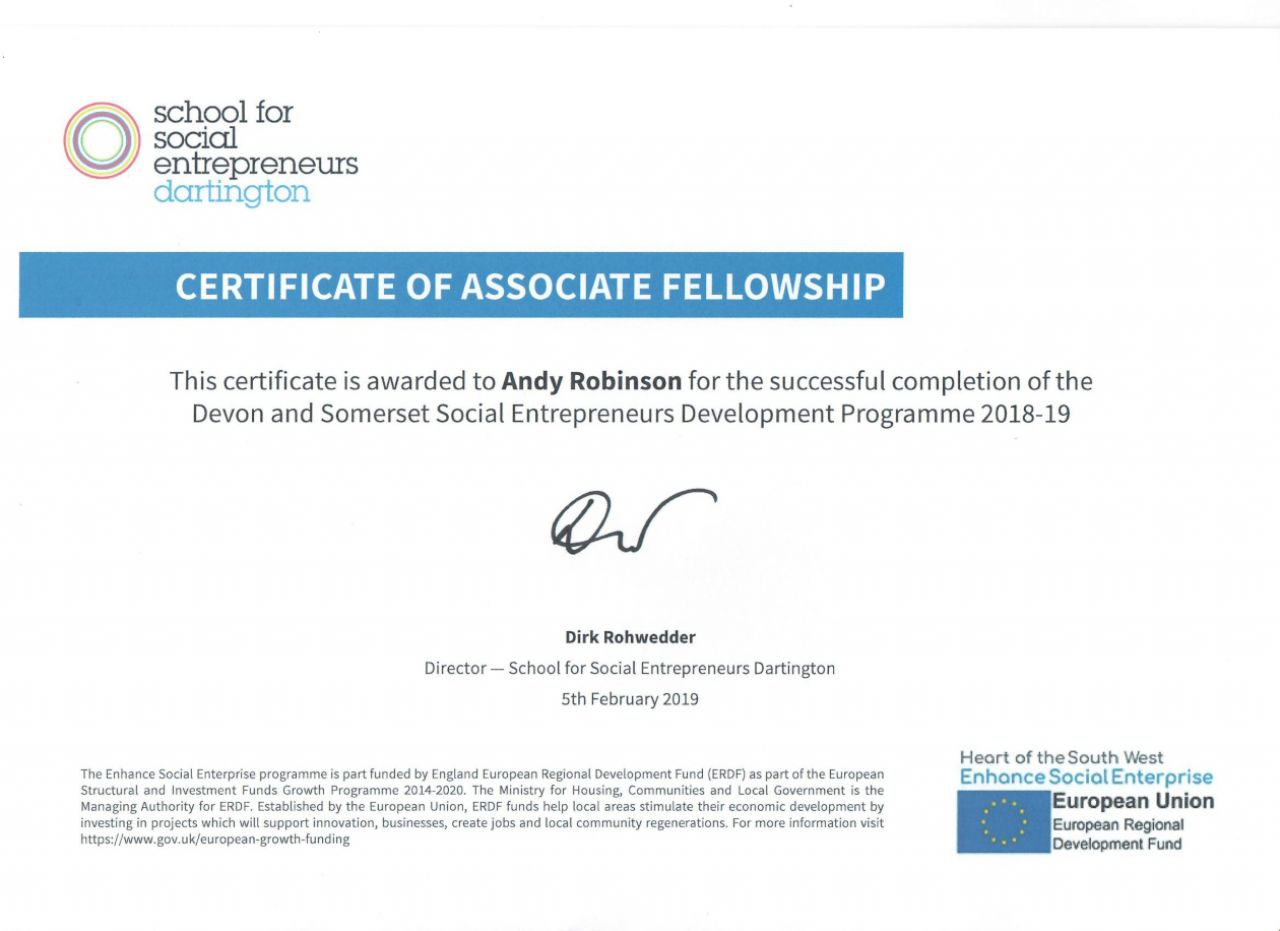
27 February 2019
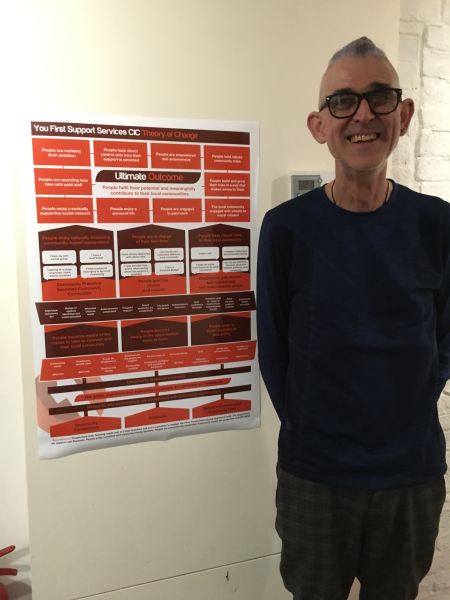
I have recently graduated as an Associate Fellow with the School for Social Entrepreneurs and I wanted to share with you my understanding of Social Enterprise and why it is so important to me.
When I formed You First 5 years ago this month, I was clear that I wanted to set up as a Social Enterprise. I did not want to establish a business that benefitted a business owner or shareholders. I wanted You First to be an organisation that benefitted people with learning disabilities and/or autism over and above the delivery of paid support through the reinvestment of any surplus, breaking the mould of traditional social care delivery and to be a leader in terms of progressive, person-centred support.
A Social Enterprise is “a business that has primarily social objectives whose surpluses are principally reinvested for that purpose in the business or community, rather than being driven by the need to maximise profit for shareholders and owners’. (Social Enterprise UK)
A Social Enterprise is a business and it needs to make a profit in order to survive. Profit is not a dirty word however what sets Social Enterprise apart from other traditional businesses is how it makes that surplus and what it does with it. Ethics run through a Social Enterprise from concept through to delivery and on to the realisation of outcomes.
A Social Enterprise will reinvest the majority of its surplus, either back into the business or the local community, in a bid to bring real and lasting social change by improving outcomes and life chances for people beyond the scope of its daily operations. Social Enterprise makes a social impact that creates social value.
It’s about social objective over capital.
It was equally important to me that You First should be formed as a Community Interest Company (CIC). The Asset Lock that comes with this legal structure means that You First belongs to the people we support. You First does not have a business owner – it is owned by the people who use it in a very real and enduring way. By virtue of being a CIC all assets and surplus are locked in to the Social Enterprise, meaning they belong to the people who access You First.
A Social Enterprise should be led by a person of passion, someone who has experienced something of the problem the organisation exists to tackle and who can tell the story of the Social Enterprise in a compelling, dynamic and creative way.
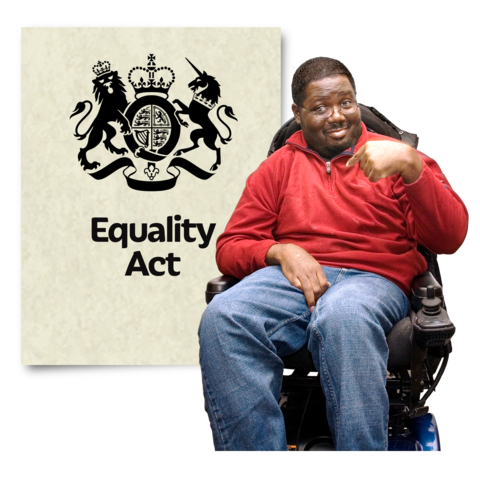 Social Enterprise is all about equality. By using You First people “buy social” and this means that you are supporting an organisation that at its core exists to tackle the inequalities experienced by people with learning disabilities and/or autism. These values are embedded in every facet of the organisation and inform the “You First Way”. Using You First, therefore, means that through keeping wealth local and community based local inequalities within the learning disability and/or autism community can be highlighted, tackled and remedied in a community focused way with the result that society as a whole, benefits.
Social Enterprise is all about equality. By using You First people “buy social” and this means that you are supporting an organisation that at its core exists to tackle the inequalities experienced by people with learning disabilities and/or autism. These values are embedded in every facet of the organisation and inform the “You First Way”. Using You First, therefore, means that through keeping wealth local and community based local inequalities within the learning disability and/or autism community can be highlighted, tackled and remedied in a community focused way with the result that society as a whole, benefits.
“The Public Services (Social Value) Act 2012 requires public bodies to consider how the services they commission and procure might improve the economic, social and environmental well-being of the area. Commissioners are required to factor social value in at the pre-procurement phase, allowing them to embed social value in the design of the service from the outset.” (Social Value UK)
Social Value is the “weaving together, a holistic view of what difference has been made to society as a whole. Social value is about a systemic, network effect rather than the isolated impact on a defined set of individuals.” (Dom Potter)
For You First this is about seeing people with learning disabilities and/or autism taking up real and valued roles within their local communities. It’s about moving on from community presence to real, genuine, enduring and mutually beneficial community connections. Therefore through using You First the whole community benefits through the additional social value this engenders, not least through naturally occurring community based support reducing the need for paid support as people build and grow their lives.
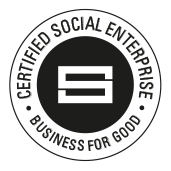 Social Value tells the story of the outcomes delivered as a result of the social impact Social Enterprise makes. It’s the evolutionary story that comes from the constantly widening ripple effect generated by Social Enterprise doing what it does best – the provision of social business.
Social Value tells the story of the outcomes delivered as a result of the social impact Social Enterprise makes. It’s the evolutionary story that comes from the constantly widening ripple effect generated by Social Enterprise doing what it does best – the provision of social business.
Whilst social value is holistic and relates to the wider local community social impact is the measurement of outcomes, in a moment in time, for a distinct and discrete group of people, generated by the activity of an organisation.
The measurement of social impact should not be complex and should evidence outcomes against the Theory of Change produced by the Social Enterprise.
Every Social Enterprise should have a Theory of Change. Very simply Theory of Change is a graphical representation of the issues it exists to address and the outcomes it wishes to see. It will demonstrate how its interventions will achieve these and how its activity works together in order to deliver upon these outcomes.
The illustration that results from this work is called an Outcomes Framework.
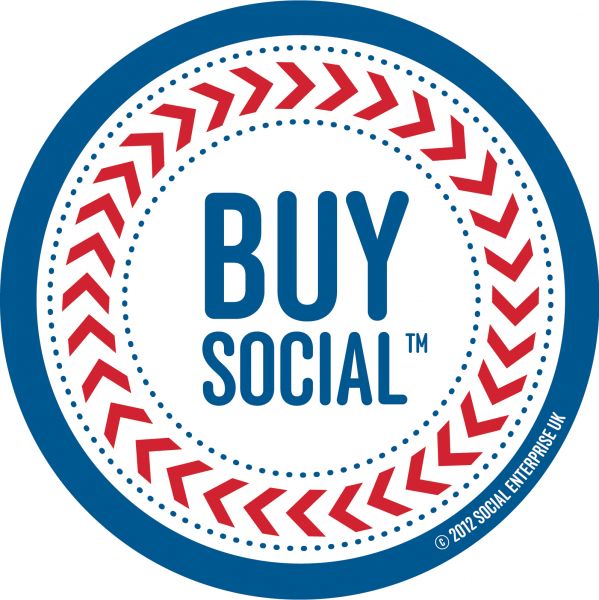
You First does not have shareholders who receive dividends. The reinvestment of any surplus we make into the organisation works to improve the life chances of people with learning disabilities and/or autism and facilitates meaningful, valued and mutually beneficial roles within the local community.
When You First profits everyone profits, not just a select few!
We do this in lots of different ways:
It’s this combination of doing business and doing good that makes social enterprise one of the most exciting and fast-growing movements in this country and across the world. (Social Enterprise UK)